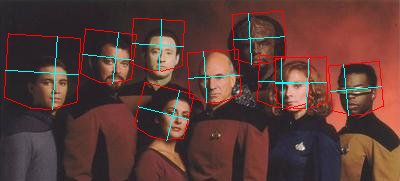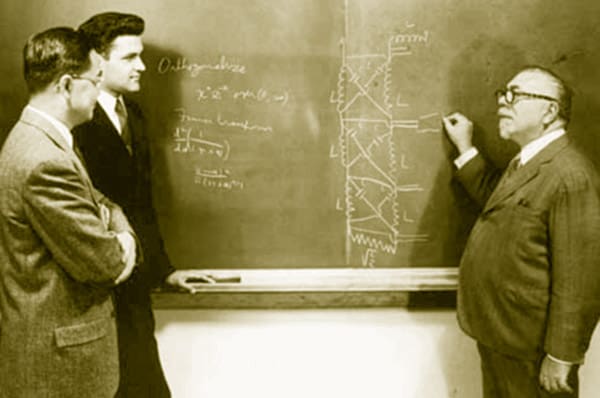So far, in making my case that AI is (a) possible and (b) likely in the next decade or two, I’ve focused on techniques which are or easily could be part of a generally intelligent system, and which will clearly be enhanced by the two orders of magnitude increase in processing power we expect from… Continue reading Analogical Quadrature




